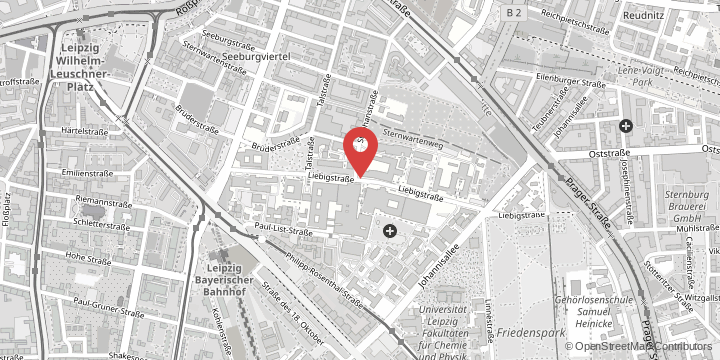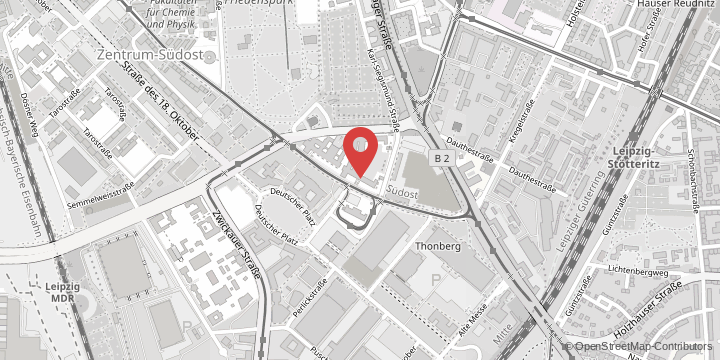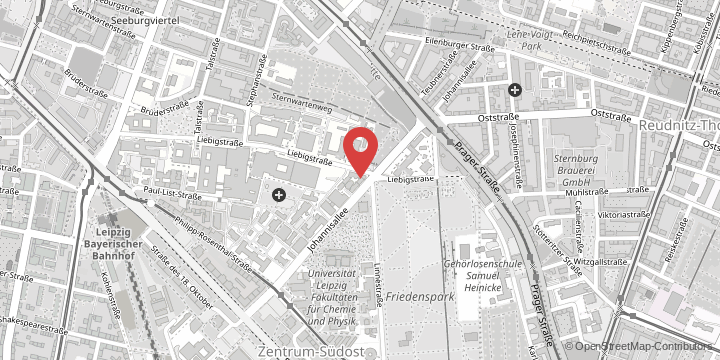The animal hygiene and disease control expert says: “To prevent the next pandemic, Leipzig University is at the forefront of pandemic preparedness research at EU level.” He stresses that international cooperation is essential to control disease epidemics, as global warming and environmental changes are accelerating the spread of infectious diseases of zoonotic origin. As the COVID pandemic showed, rapid diagnostics is one of the most important pillars. Biomedical researchers will work with epidemiologists, clinicians, veterinarians and software engineers to develop a pipeline, ranging from a mobile suitcase sequencing lab with basic bioinformatics to a One Health digital platform. These will provide innovative diagnostic solutions for cross-border health threats at an international level. The aim is to develop the necessary in vitro diagnostic tools to be prepared for the emergence of new infectious agents. “PREPARE-TID will improve access to novel diagnostics to detect pathogens with pandemic potential,” says Dr Abd El Wahed. The consortium will provide both point-of-care and mobile diagnostics that can be easily deployed and produced in large quantities in the event of an epidemic or pandemic.
Horizon Europe is the European Union’s research and innovation (R&I) framework programme for the period 2021 to 2027. The programme aims to strengthen the EU’s scientific and technological base, including by developing solutions for policy priorities such as the green and digital transitions. It is also contributing to achieving the Sustainable Development Goals and supports competitiveness and growth.































































